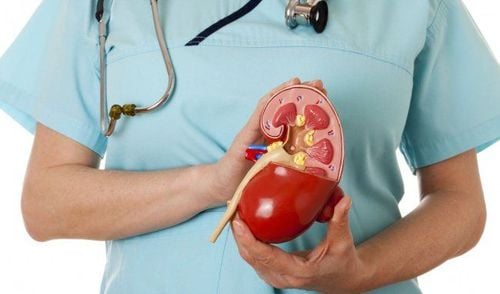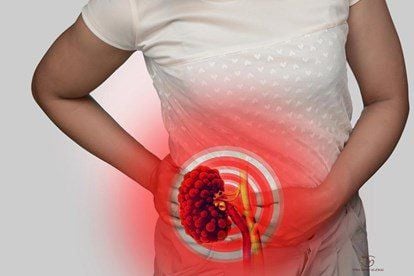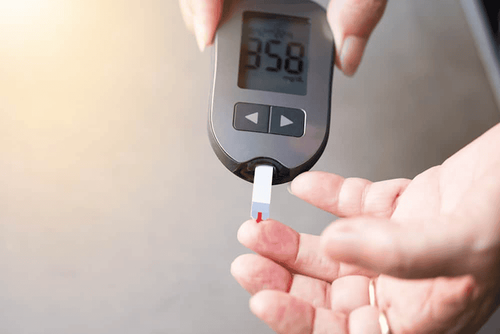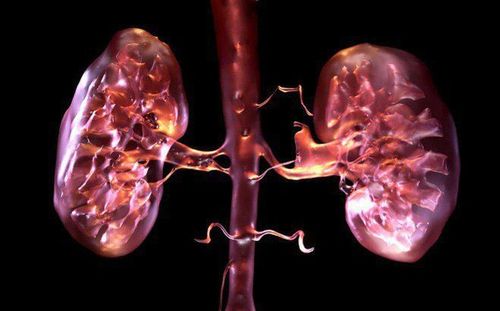This is an automatically translated article.
Kidney failure reduces the function of the glomerular filter, affecting the elimination of substances from the body. Therefore, a reasonable living diet, providing enough and right nutrients for the body and suitable for kidney function is extremely important to ensure the effectiveness of therapy. So how should dialysis patients eat? How reasonable is the menu for hemodialysis patients to set up?
1. How should dialysis patients eat?
In patients with renal failure, after dialysis, urea, creatinine or endothelial disorders may still occur. At this time, giving a reasonable diet will help minimize the disorders that occur.
In order to have a reasonable diet for patients with chronic renal failure, you should note the following principles when establishing a nutritional menu:
Decrease in potassium: In the days without dialysis, patients often suffer from Oliguria, which increases the amount of potassium in the blood can cause cardiac arrhythmias even sudden cardiac arrest, death without any symptoms or warning signs. Reduce salt and water: Dialysis increases the accumulation of sodium and water, so patients need to limit drinking too much water to reduce the risk of edema, hypertension or acute pulmonary edema. Anemia in chronic renal failure will cause an increase in cardiac output leading to heart failure. Reducing salt and water in the diet will also help limit the likelihood of this condition occurring. Provide enough protein: The diet must provide enough vitamins and minerals. Note about the amount of protein used in the menu because during dialysis, patients will lose 3-4g of protein in each dialysis cycle. However, do not add too much protein in the diet because it will increase the amount of urea and creatinine in the blood in the days before dialysis. When blood urea is elevated, rapid increase will cause uremia syndrome with symptoms of headache, vomiting, gastrointestinal bleeding.... Provide minimum energy of 35 Kcal/day. Adjust the nutritional regimen in accordance with each stage of the disease as well as the patient's health status and clinical symptoms.
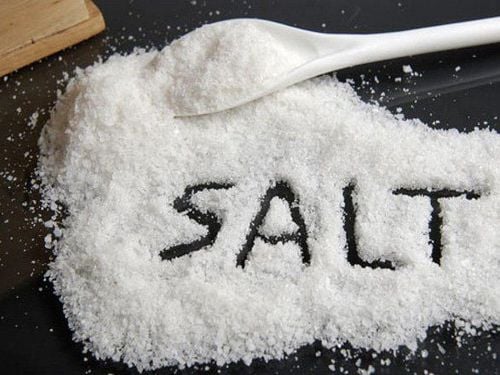
Người bị bệnh thận nên giảm bớt muối trong chế độ ăn
2. Menu for people on hemodialysis
Once you know the principles of nutrition, the question is what should a dialysis patient eat? What foods should and shouldn't be eaten? Here are some specific notes on the menu for people on dialysis.
Avoid eating foods high in potassium including: bananas, papaya, oranges, bananas, grapes, chestnuts, coffee or some green vegetables such as cabbage, cauliflower... Limit salt: The required amount of salt is below 1500mg/day. Binge eating can also help patients reduce water intake. Avoid eating salty foods such as fish sauce, salty cans, sea fish, pickles... Provide just enough protein: Limit eating too much protein, especially in patients on dialysis or peritoneal dialysis. . The amount of protein needed per day for patients on dialysis once a week is 1g/kg of body weight, patients on dialysis twice a week is 1.2g/kg of body weight, and dialysis three times a week is 1.4g. /kg weight. The amount of protein can be adjusted during therapy depending on the patient's health status, indicators of glomerular filtration rate. Foods containing a lot of protein should be limited such as lean meat, chicken, eggs, fish, shrimp, etc. It is necessary to ensure that the diet contains at least 50% of animal protein.
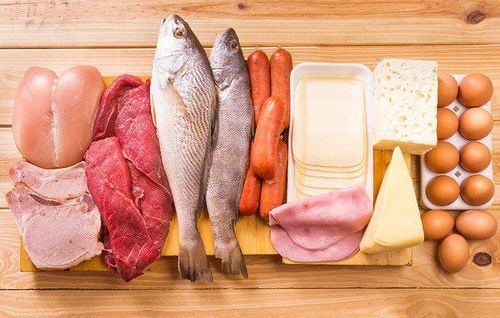
Chỉ nên cung cấp vừa đủ đạm cho cơ thể
Reduce eating foods and foods high in phosphorus, increase calcium supplements: End stage renal failure, the kidney's filtering function is almost completely lost, so it is not able to excrete phosphorus. At this time, if the amount of phosphorus in the body is high, it will cause a decrease in calcium leading to osteoporosis. Foods containing a lot of phosphorus should be limited in use, including animal organs, milk, beans, whole grains, coca, beer, etc. Starch supplements such as potatoes, cassava, beans ...: due to starch easy to digest and eliminate, helping to reduce the pressure on the kidneys in elimination; At the same time, it also helps to avoid malnutrition due to a reduced protein diet. In the treatment of any disease, nutrition is always an important factor, directly affecting the treatment process as well as the patient's ability to recover health. Patients should have a scientific nutrition regimen and strictly follow the instructions prescribed by the doctor to have good health.
Please dial HOTLINE for more information or register for an appointment HERE. Download MyVinmec app to make appointments faster and to manage your bookings easily.




